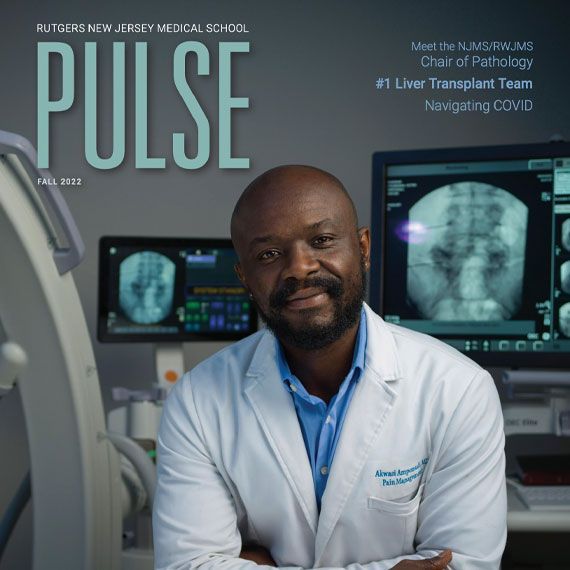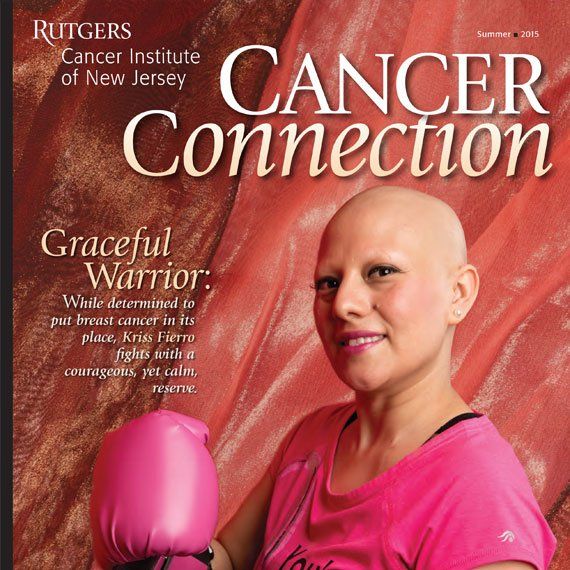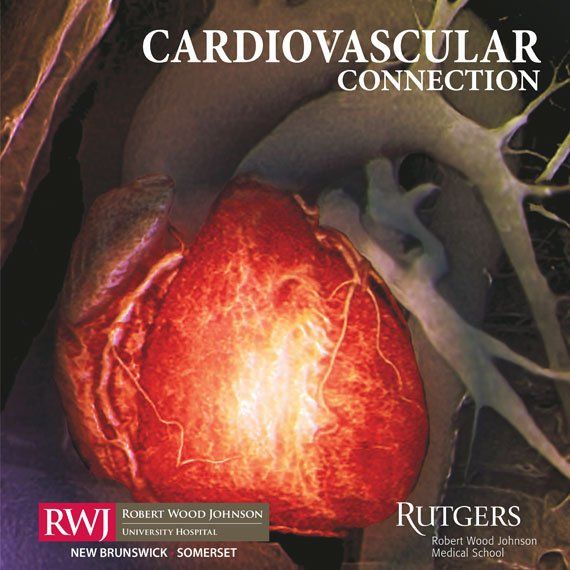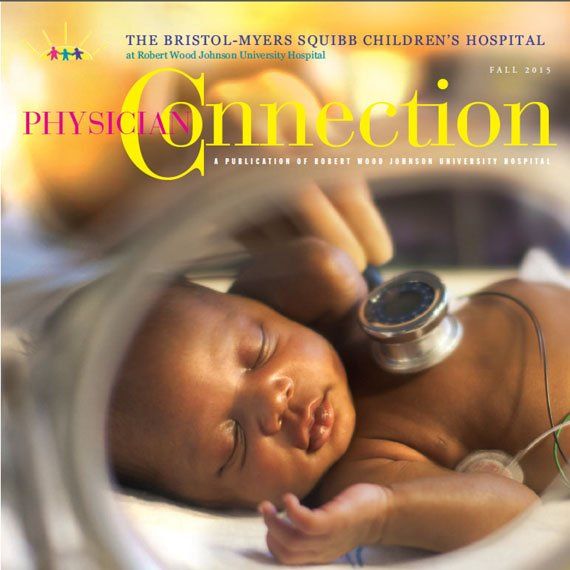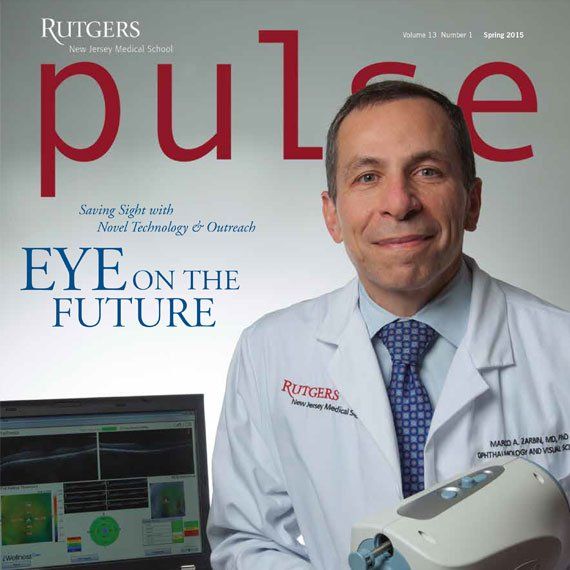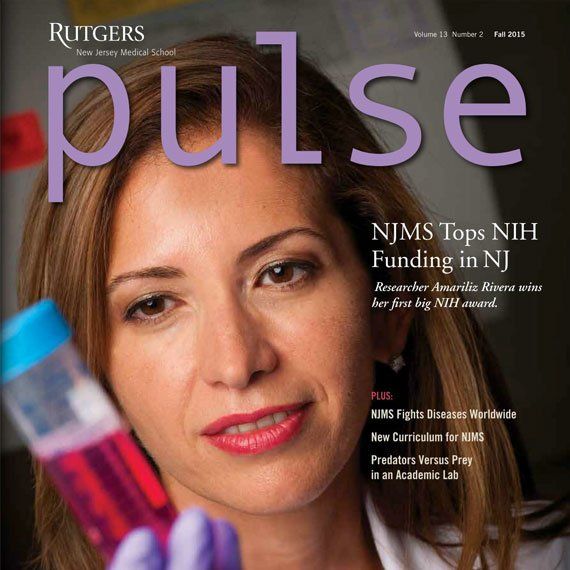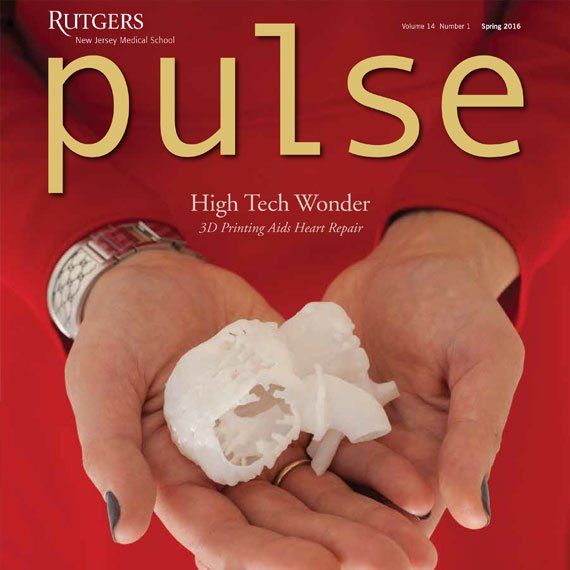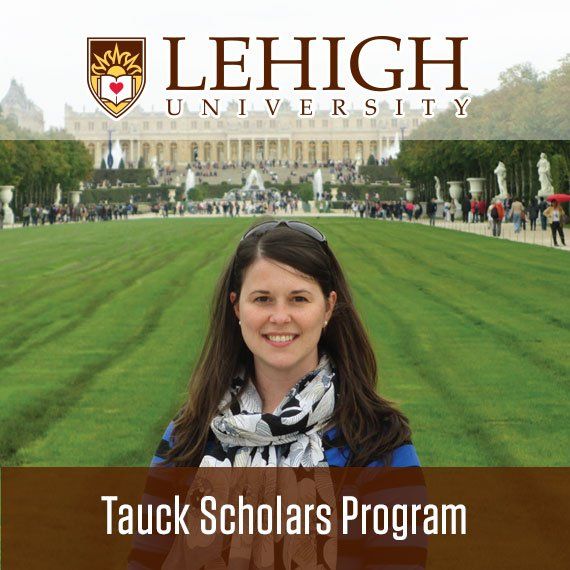Mother-Baby Bond: Priceless!
 Willa
(Wilhelmina May Brinley), my fourth grandchild, was born last week and meeting her on her birthday at the hospital I was struck by how far the medical beliefs about bonding between mother and baby had come.
With her first breaths of life, Willa was placed directly on her mom Erin
and allowed to find her way up to the breast for immediate nursing. This little bundle of humanity, only 6 lbs, 3 oz., knew exactly what to do. She didn't need a bath first to remove the vernix, a cheesy-like coating covering her body. That actually kept her warm in the air while she connected with her mommy. The nurses and doctor assured Erin that this immediate skin-to-skin cuddling offered priceless physical, emotional and hormonal benefits for both of them.
Willa
(Wilhelmina May Brinley), my fourth grandchild, was born last week and meeting her on her birthday at the hospital I was struck by how far the medical beliefs about bonding between mother and baby had come.
With her first breaths of life, Willa was placed directly on her mom Erin
and allowed to find her way up to the breast for immediate nursing. This little bundle of humanity, only 6 lbs, 3 oz., knew exactly what to do. She didn't need a bath first to remove the vernix, a cheesy-like coating covering her body. That actually kept her warm in the air while she connected with her mommy. The nurses and doctor assured Erin that this immediate skin-to-skin cuddling offered priceless physical, emotional and hormonal benefits for both of them.
According to Jeannette Crenshaw, RN, MSN, writing in The Journal of Perinatal Education (“Care Practice #6: No Separation of Mother and Baby, With Unlimited Opportunities for Breastfeeding”), “Oxytocin, the hormone that causes your uterus to contract, will stimulate ‘mothering’ feelings after birth as you touch, gaze at and breastfeed your baby.” The brain also releases endorphins, “narcotic-like hormones that enhance these mothering feelings.” What’s more, a normal birth gives babies an “adrenaline rush” right afterward so they are bright, alert and ready to nurse.” Research has shown that babies like Willa who have been placed skin-to-skin on their moms adjust easier to life outside the womb, crying less, breastfeeding longer and all with lower levels of stress hormones. They gain weight faster, sleep better and are even less likely to develop jaundice. If you don't believe me, check out the research for yourself.

What a difference a generation makes. In 1978, when Willa's dad Zach was born, I had to fight for every inch as a new mother. I was a writer who had been interviewing the early researchers but hospitals didn’t want to acknowledge that bonding might be good. I remember disagreeing with my New York City obstetrician and changing doctors in my seventh month of pregnancy. (She was rightly shocked by my actions then.) But I had seen the research and wanted to make sure that if all went well during labor and delivery, my baby wouldn’t be taken immediately to the hospital nursery for up to 12 hours of separation. I knew then that our lives would be better for the time we spent together in the very beginning. Zach, of course, is my proof positive: secure, happy, emotionally grounded, he’s the best dad he could possibly be. Willa is his third beautiful baby!











